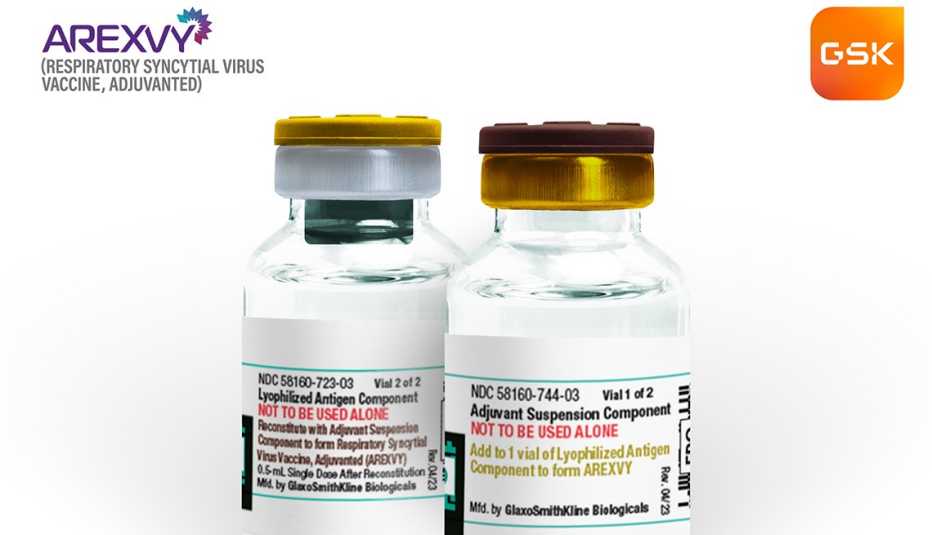Staying Fit


Adults ages 60 and older can get a new vaccine this fall to help protect against RSV (respiratory syncytial virus) after consulting their doctor, the Centers for Disease Control and Prevention (CDC) announced on June 29. Two RSV vaccines were federally approved for the older adult population in May. They are the first RSV vaccines on the market.
Why a vaccine?
RSV is a common respiratory virus that in most people causes coldlike symptoms. In young children and older adults, however, an infection can turn dangerous, even deadly. Adults with chronic heart or lung disease and those with weakened immune systems are also at high risk for complications from an infection.


AARP Membership— $12 for your first year when you sign up for Automatic Renewal
Get instant access to members-only products and hundreds of discounts, a free second membership, and a subscription to AARP the Magazine.
RSV can lead to pneumonia and bronchiolitis (an inflammation of the small airways in the lung). It can also worsen other chronic health conditions common among the older population, such as asthma and chronic obstructive pulmonary disease (COPD).


“We’ve learned so much more about RSV, and now it’s quite evident that it really is as important as influenza, particularly for older adults, and even more so for those with underlying conditions,” says William Schaffner, M.D., professor of preventive medicine and infectious diseases at Vanderbilt University School of Medicine and medical director of the National Foundation for Infectious Diseases.
Between 60,000 and 160,000 adults 65 and older are hospitalized with RSV each year, and 6,000 to 10,000 older adults die from it annually, according to figures from the CDC. By comparison, during the 2021-2022 flu season, preliminary estimates show that 51,686 adults 65 and older were hospitalized with influenza, and 3,818 died.
Effectiveness and side effects
Clinical trial data reviewed by the Food and Drug Administration (FDA) and published in The New England Journal of Medicine found that Arexvy, from manufacturer GlaxoSmithKline, reduced the risk of symptomatic illness from an RSV infection in adults 60 and older by nearly 83 percent; the risk of severe disease was cut by about 94 percent in the older adult population.
Some side effects were reported, the most common of which include injection site pain, fatigue, muscle pain, headache, and joint stiffness and pain. The FDA noted in its May 3 approval that atrial fibrillation, an irregular heart rate, was reported within 30 days of vaccination in 10 of the roughly 12,500 participants who received Arexvy and four of the roughly 12,500 participants who received the placebo. GlaxoSmithKline will conduct a study to assess this risk, along with other rare events, the FDA said.



































































More From AARP
What to Know About the Latest COVID Subvariant
Arcturus, or XBB.1.16, is growing its presence in the U.S.
Benefits of Wearing a Face Mask Beyond COVID-19
From allergy relief to keeping your heart healthy
Do You Know the Warning Signs of Lung Cancer?
The most common symptoms are often easily overlooked or misdiagnosed